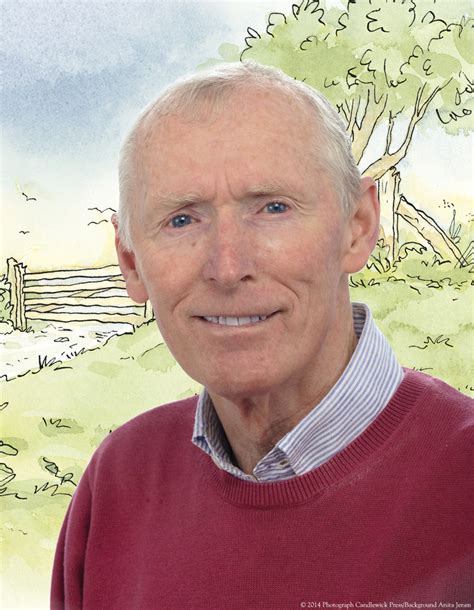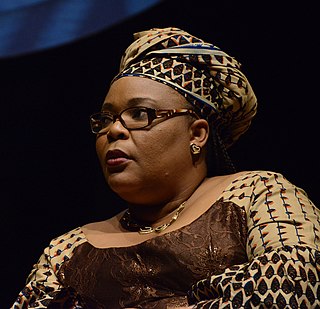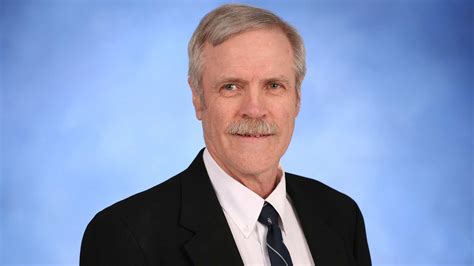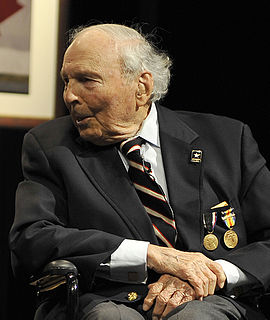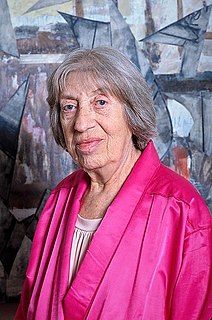Цитата Эли Визеля
[Мой подход к Библии, история действительно имеет значение.] Все имеет значение. Но у меня есть приоритеты. Например, для меня знать, было ли два Исаии или один, менее важно, чем сам текст. Я, конечно, читал аргументы за и против. Но моя жизненная задача не состоит в том, чтобы сказать, что было два или три автора книги Исайи или сколько авторов было Второзакония. Это не то, чем я занимаюсь.
Связанные цитаты
Люди часто спрашивают авторов, откуда берутся их идеи, и часто авторы говорят, что не знают. Но я знаю об этом. Когда-то у нас с женой было трое маленьких детей — два мальчика и девочка, как в сказке. И когда они были маленькими, мы обычно рассказывали им историю, очень похожую на ВЫ ВСЕ МОИ ЛЮБИМЦЫ.
Я очень рано начал читать Джеймса Болдуина. В то время, когда я был молодым человеком в шестидесятые годы, когда было не так много авторов, в которых я мог бы узнать себя, он был для меня важным проводником и наставником, как и для многих других. Он помог мне понять, кто я такой, и расшифровать мир вокруг меня.
Так легко продавать хорошие новости, и авторы уверенно опираются на классические ложные аргументы. Они рассуждают декларациями, что и делает книги такими забавными. Прозаичным, авторитетным тоном авторы рассказывают нам, как растения и люди обмениваются энергией, или описывают, как выглядят ангелы, имеют ли они пол, и как они общаются с людьми, и чем они отличаются от призраки. Можно ожидать, что читатели зададутся вопросом: откуда они знают?
Как мы все видели в начальной школе, как только вы научитесь читать книгу, кто-то обязательно захочет ее написать — так создаются авторы. Как только мы узнаем, как читать наш собственный генетический код, кто-то захочет переписать этот «текст», повозиться с чертами — поиграть в Бога, скажут некоторые.
Есть такие авторы, как Дэвид Фостер Уоллес или Рэймонд Чандлер — с авторами, использующими голос, я мог бы в конечном итоге закончить, потому что мне нравится в них не только конкретная конструкция того или иного романа, но и их оттенок. Есть еще австрийский писатель Томас Бернхард. Одна книга не обязательно лучше другой книги, но у них просто невероятный, уникальный голос, так что на самом деле не имеет значения, какую из них вы читаете.
Я очень рано начал читать Джеймса Болдуина. В то время, когда я был молодым человеком в шестидесятых, когда было не так много авторов, в которых я мог бы узнать себя, он был для меня важным проводником и наставником, как и для многих других. Он помог мне понять, кто я такой, и расшифровать мир вокруг меня. Он дал мне слова, чтобы защитить себя, и аргументированную риторику, чтобы вести дискуссии с другими.

